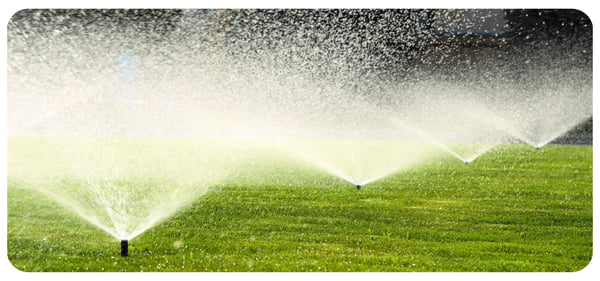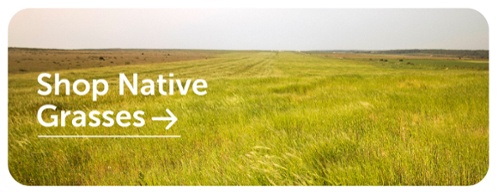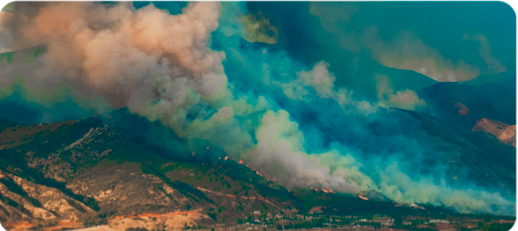Wildfires destroy and damage thousands of homes and acres of land every year. During the months of June through August, wildfires have various causes while temperatures are high and precipitation rates are low.
Homeowners can create landscapes and lawns that deter the spread of wildfires and the harmful effects of this natural disaster. In this post, we’ll share tips and ideas to help you design your lawn care and landscaping strategy to be more fire resistant and protect your lawn, home, and family.
 Clear out dry leaves and debris
Clear out dry leaves and debris
Dried leaves, grasses, and foliage are quick to catch fire and move across your land. Rake and clear out dead leaves, sticks, grasses, and plant clippings year round to stop or slow down the spread of wildfires.
Keep your lawn well-watered
Especially in these hot summer months, keep your lawn and gardens hydrated. Consider installing a sprinkler or irrigation system so that your soil and grass is well-watered.
Build with fire-resistant materials
When adding a new deck, patio, walkways, or other hardscaping elements to your home, consider building with stone, brick or cement. These materials are considerably more fire-resistant than wood.
Prune branches and remove trees
|
Keep branches of tall trees or shrubs around your home pruned to reduce the potential of fire spread. Shape bushes and shrubs around your home so they do not lead up to windows. You can also remove trees that have branches hanging over your home or in dense stands of trees. |
Store outdoor furniture and flammable items
Make sure you have fireproof covers or storage options for outdoor furniture or fire pits. If purchasing new lawn furniture, look for options made of non-combustible or ignition-resistant material.
Plant drought tolerant and native plants
Strategic placement and selection of native grasses, shrubs, and other plants that retain water and are adaptable to your region are smart choices for drought and wildfire prone areas. Consider the ways you can support your lawn and garden to hold in moisture, for example using mulch alternatives, like gravel or decorative rocks, over dry soils and flower beds.
Protect your home with Curtis and Curtis
Create a yard that is both beautiful and environmentally conscious with our tips for creating more fire-resistant landscaping designs. To find native grasses and shrubs for your lawn and landscaping, check out our seed products with detailed descriptions for planting and maintenance. 

